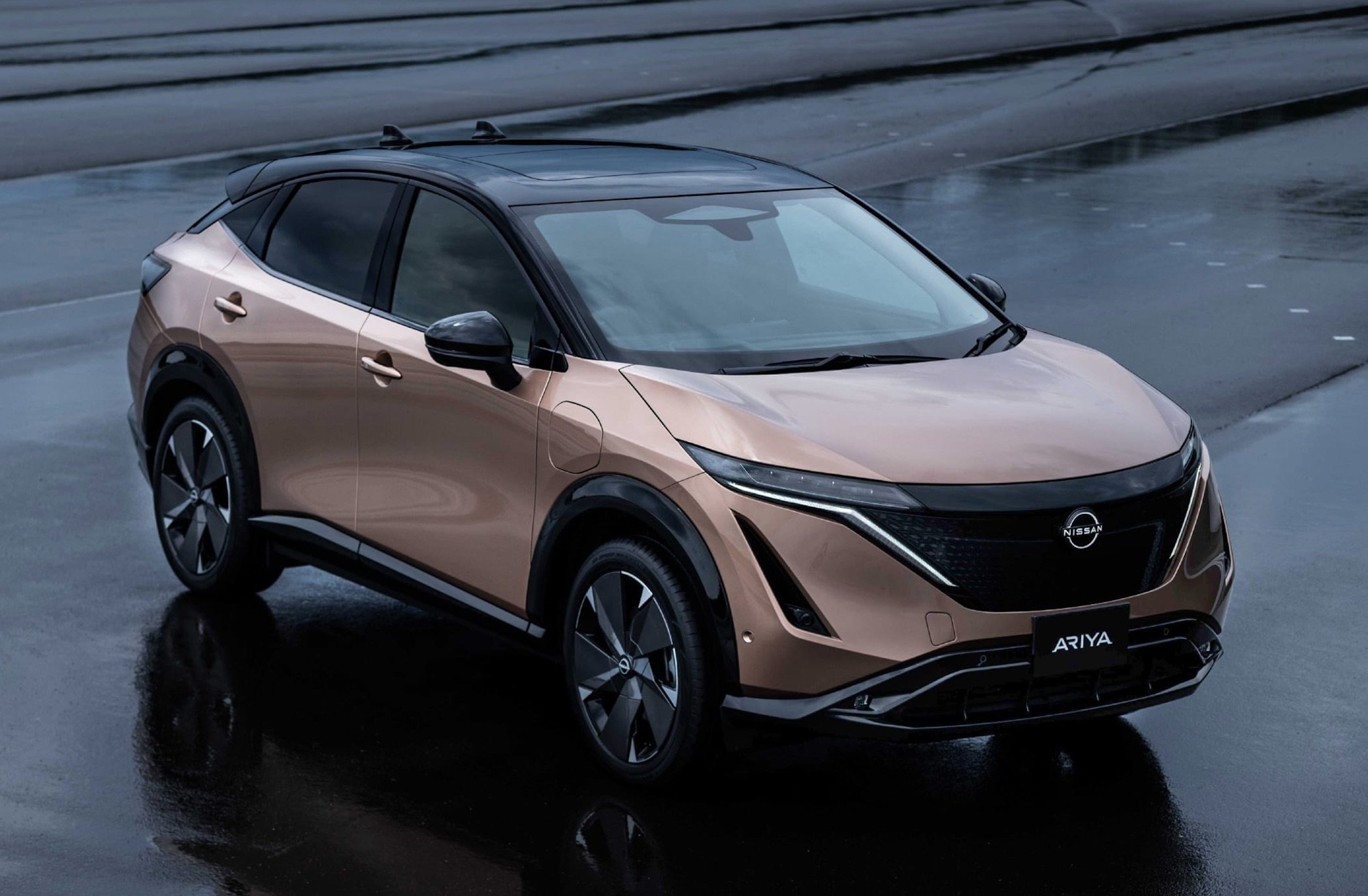 Nissan has become the latest car manufacturer to commit to achieving carbon neutrality by 2050, with a vow that every new vehicle it launches will be electrified by the early 2030s.
Nissan has become the latest car manufacturer to commit to achieving carbon neutrality by 2050, with a vow that every new vehicle it launches will be electrified by the early 2030s.
The Japanese firm says it will ensure both its operations and the life cycle of its products – which includes the extraction of raw materials and manufacturing as well as a vehicle’s use and eventual recycling – will reach net zero emissions by 2050, a date in line with the UN Paris Agreement on climate change.
To achieve that target, Nissan says every new vehicle it offers in key markets (defined as China, Europe, Japan and the US) will be electrified by early next decade. Nissan has yet to specify whether that means offering only electrified powertrains, or offering at least one electrified version of every new model.
Nissan already offers the long-running Leaf EV, now in its second generation, and will launch the Ariya electric SUV later this year. It has also expanded its range of hybrid powertrains, with the forthcoming new Qashqai available with electrified units only.
The timing for each market will likely depend on the growth of electrified vehicles in them, and local regulations, as with the UK government’s 2030 ban on all non-zero-emission vehicles bar a limited number of hybrids.
Nissan says it is pursuing further developments of its e-Power electrified powertrains to improve their energy efficiency. It is also working on solid-state batteries and other technology that could reduce the cost of battery packs and increase their efficiency.
The firm has also committed to developing a ‘battery eco system’ to allow for onsite power generation at its facilities with access to renewable energy. It is also working on a number of systems to improve the productivity and reduce the emissions output of its vehicle production.
Several major car manufacturers have already pledged to make their operations net carbon neutral by 2050, including the Volkswagen Group and Ford. Mercedes-Benz has committed to making its production carbon neutral by 2022 and its car fleet CO2-neutral by 2039. Volvo has pledged to reach net zero emissions by 2040, while the BMW Group has pledged to cut greenhouse gas emissions by at least 40% of 2019 levels by 2030.
James Attwood




 Nissan has become the latest car manufacturer to commit to achieving carbon neutrality by 2050, with a vow that every new vehicle it launches will be electrified by the early 2030s.
Nissan has become the latest car manufacturer to commit to achieving carbon neutrality by 2050, with a vow that every new vehicle it launches will be electrified by the early 2030s.